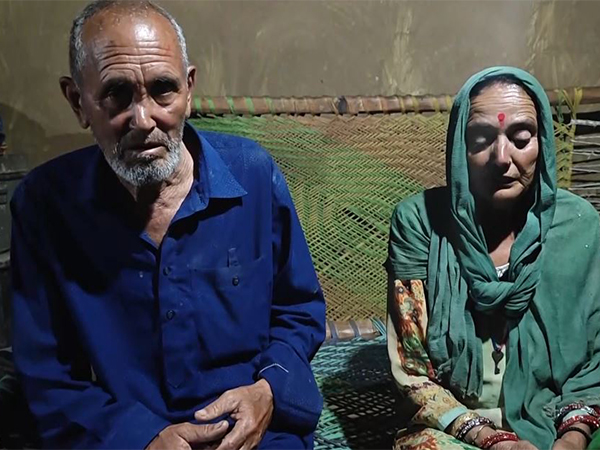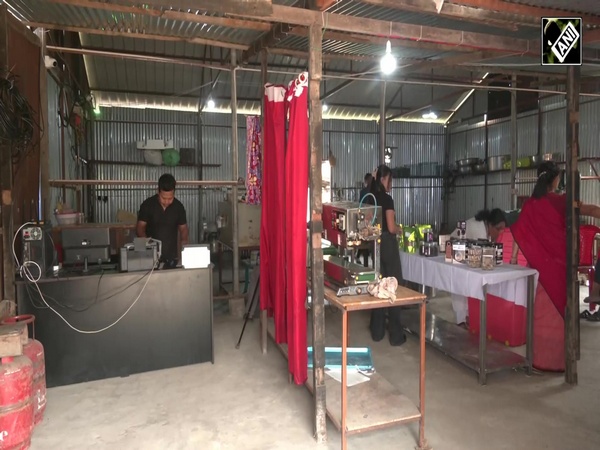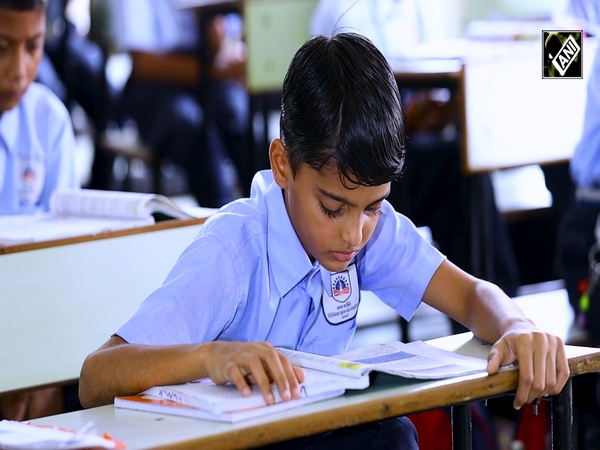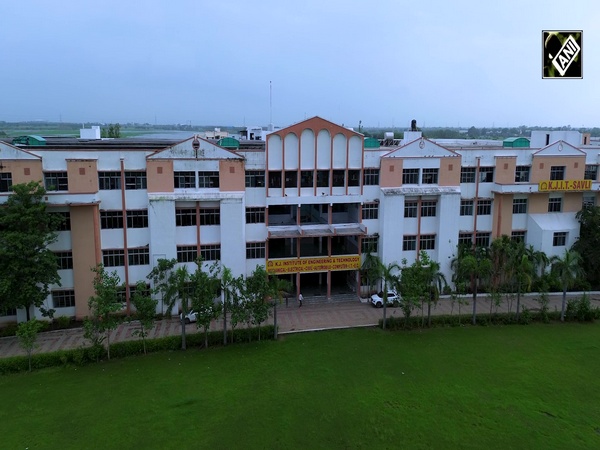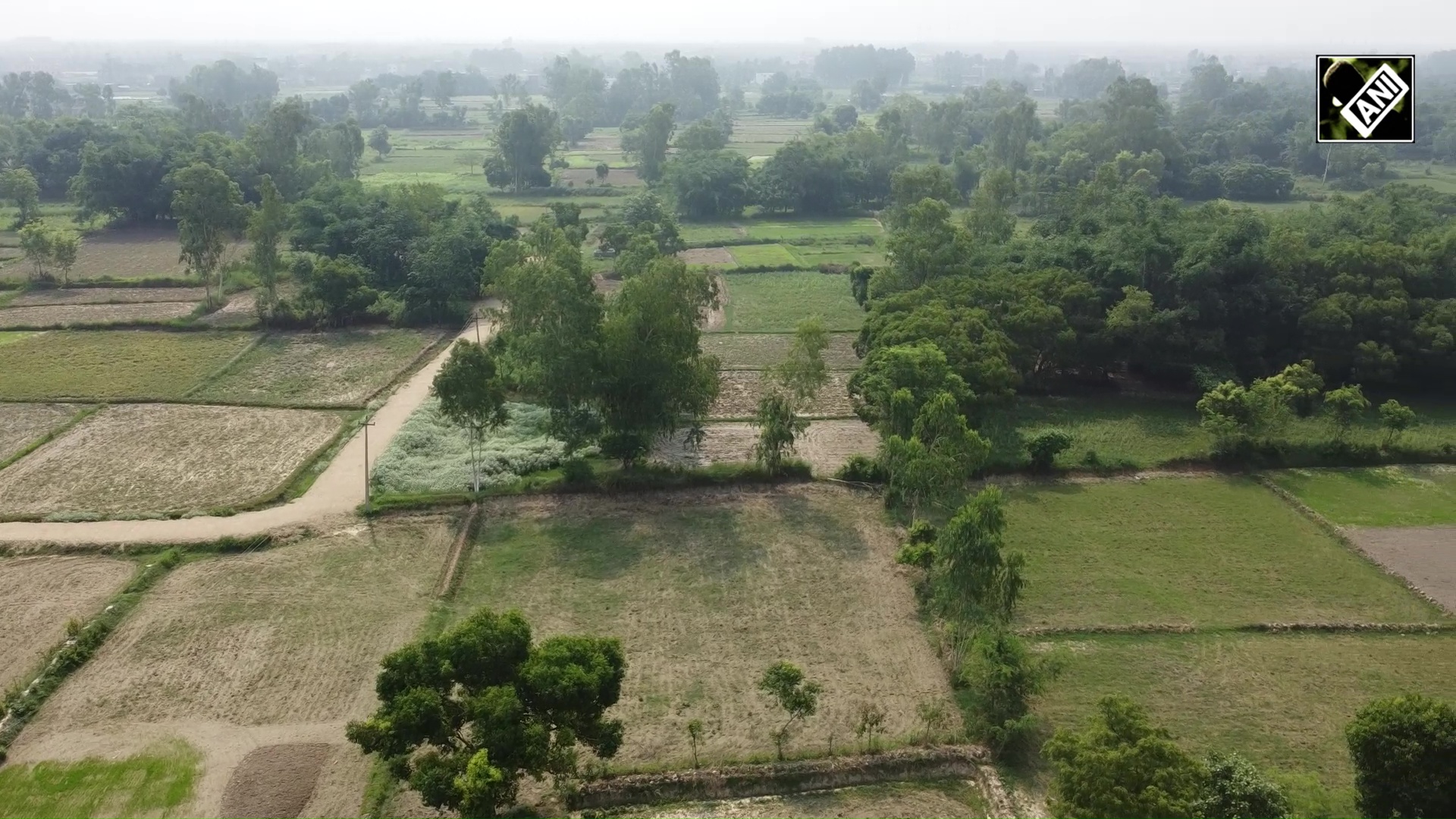With stagnating flood water, Pakistan's Sindh districts come under termite attack
Oct 24, 2022

Sindh [Pakistan], October 24 : Due to the presence of stagnant flood water, Sindh's Dadu and Jamshoro districts are facing a termite attack, adding to the woes of the Pakistani citizens, media reports said.
The situation arose as there was no action taken in the past two months to suck the stagnant water out in areas across district Dadu and Jamshoro in Sindh province, reported Geo TV.
Termites have infested the wooden doors and windows, and have severely damaged homes across the two districts in Sindh. This also poses a significant risk of infrastructural deterioration along with an economic risk of loss of worth millions.
To get rid of the dire situation, the flood affectees have urged the provincial government to resolve the issue by spraying termite killers across impacted areas in the districts.
In the aftermath of the devastating floods in Pakistan, health facilities are reporting alarming levels of severe acute malnutrition among children in affected areas, UNICEF has warned.
More than 1 in 9 children under five admitted to health facilities in flood-affected areas of Sindh and Balochistan were found to be suffering from severe acute malnutrition, according to a UNICEF statement.
"In total, of the over 22,000 children screened by health professionals since September 2022 at health facilities in flood-affected regions, more than 2,630 were diagnosed with severe acute malnutrition, or more than 1 in 9 children. Severe acute malnutrition, also known as severe wasting, is a life-threatening condition where children are too thin for their height, resulting in weakened immune systems," the UN agency said.
Estimates based on the pre-existing malnutrition prevalence of the latest National Nutrition Survey indicate that close to 1.6 million children could be suffering from severe acute malnutrition and in need of urgent treatment in flood-affected areas of Sindh and Balochistan provinces. Malnourished pregnant women are also at risk of giving birth to low birthweight babies who will be malnourished.
"We cannot sound this alarm loudly enough," said Abdullah Fadil, UNICEF Representative in Pakistan. "We are facing a nutrition emergency that is threatening the lives of millions of children. Without urgent action, we are heading towards a catastrophic outcome that is threatening children's very development and survival. We are grateful for the global community's support so far, but much more is needed to save children's lives."
Even before the devastating floods, half of the children living in the now flood-affected districts were already stunted -- an irreversible condition that stunts the growth, physical and cognitive development of children. Likewise, more than 40 per cent of mothers suffered from anaemia. Over 25 million children and women across Pakistan, including more than 7 million children and women in flood-affected areas, require immediate access to essential nutrition services.
According to UNICEF, the lack of safe drinking water and hygiene increases the risk of wasting, as unsafe water can cause diarrhoea and prevent children from getting the nutrients they need to survive. Over 5 million people no longer have safe drinking water sources and more than 6 million no longer have home sanitation facilities.
As a result, the percentage of people practising open defecation has increased from one-fifth before the floods, to over one-third of the affected population.
At the same time, water-borne illnesses are quickly spreading among children and families and cases of acute watery diarrhoea, malaria, dengue fever, skin conditions, respiratory infections and other diseases are also sharply rising.



